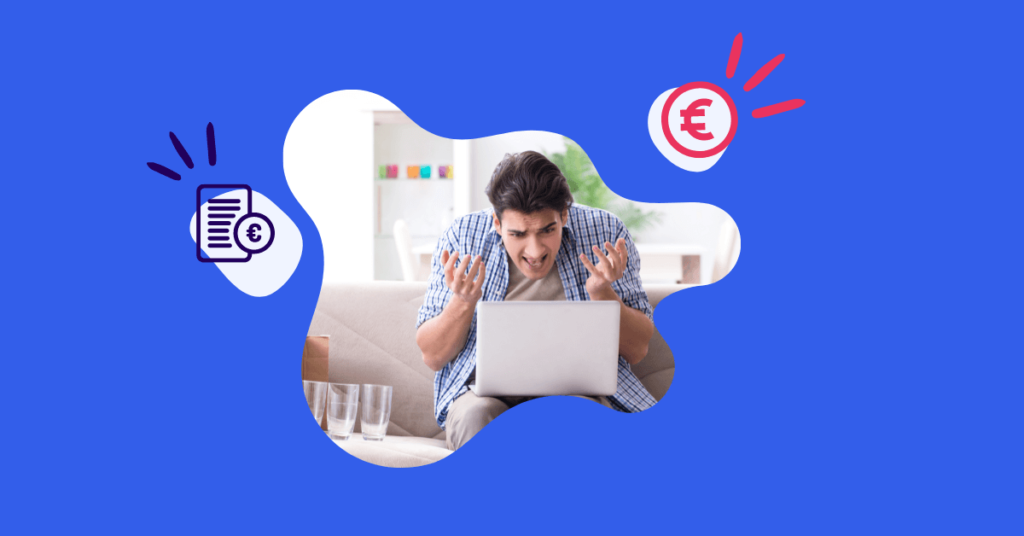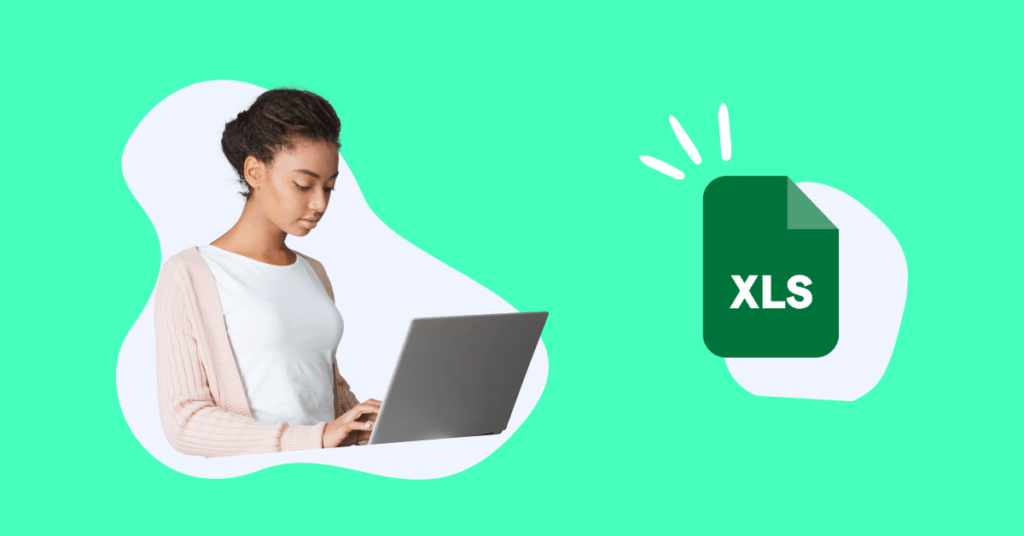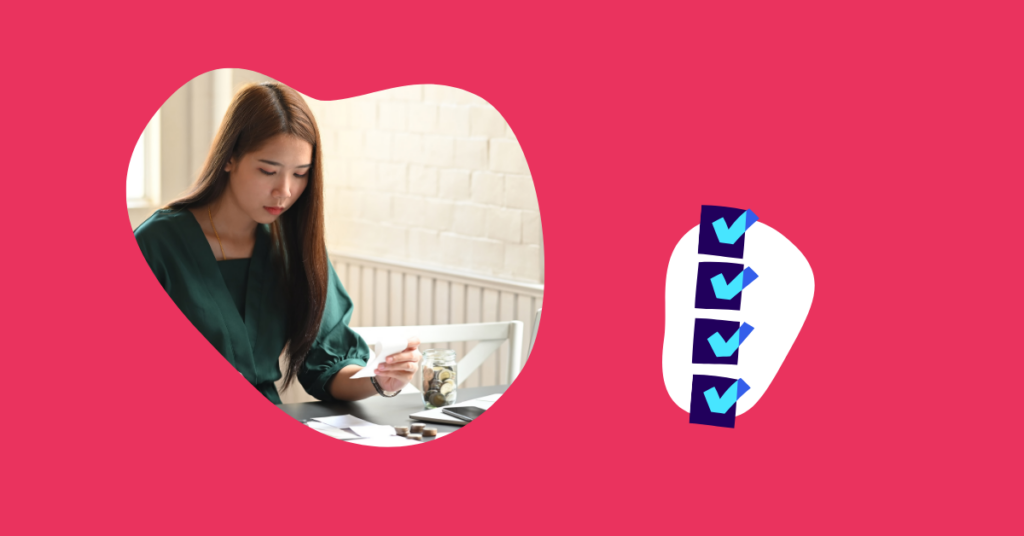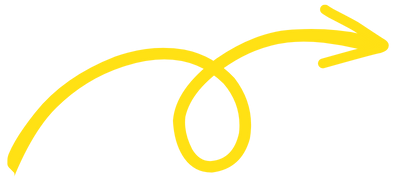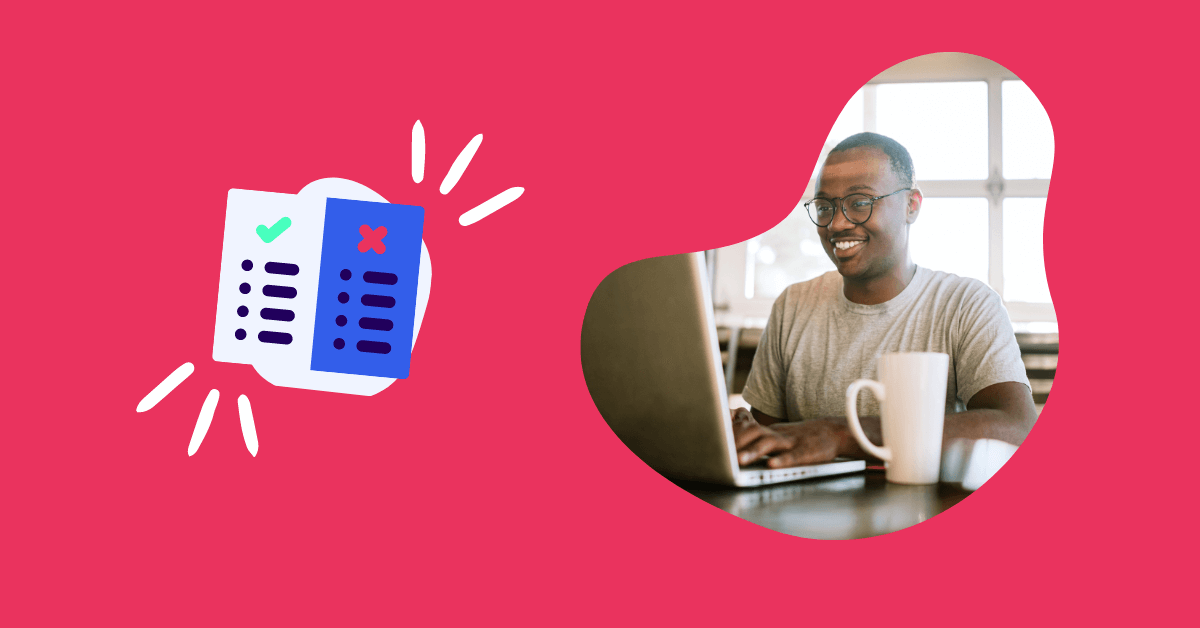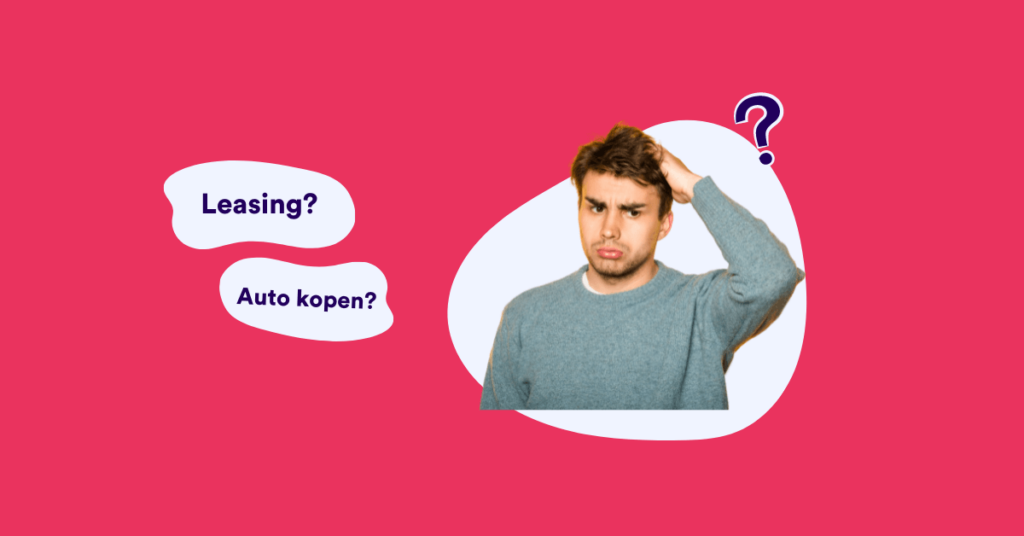You’ve been self-employed for several months now and suddenly realise that you haven’t stopped your telecom subscription in your accounts all this time .
No problem, you log in to your telecom provider’s digital platform and neatly download the invoices from all the months in which you were already self-employed but haven’t yet entered the invoices.
Of course, your sole proprietors’ company number is not on those invoices. Moreover, not only is your own name on the invoices, but also your partner’s name. Can you still bring in this telecom invoice as a professional expense?
Deductible professional expenses: conditions
- It is a cost related to your self-employed activities (in full or in part).
- The cost must serve to keep your company running or – better still – growing.
- You must pay or ‘bear’ the cost in the year in which you want to contribute it.
- You must also have proof of each cost.
1. It is a cost related to your self-employed activities (in full or in part)
Fully or partly, because you can also contribute professional expenses for a limited percentage. As will often be the case with your telecom invoice, for example: one piece you use the internet & phone subscription for your self-employed activity, but of course you also surf and call privately sometimes.
No problem, you have one purchase invoice: for one part professional and for one part private. You can enter this perfectly in your accounts and work via the professional use percentage.
Find out all about it in our article on professional use of expenses!
2. The expense must serve to keep your company running or – better still – to grow.
This condition is often worded slightly differently: costs must serve to obtain, maintain or increase professional income.
The bottom line is that costs must serve to advance your business, only then are we talking about professional expenses. Although you should always take this with a grain of salt, because you often don’t know in advance that a cost will effectively help your company move forward.
You may have devised a brilliant marketing campaign, hoping that your company will grow strongly. That marketing campaign will obviously always count as a professional expense, regardless of whether it was completely unsuccessful or just very successful. The intention behind the cost was indeed to grow your company.
3. You must pay or ‘carry’ the expense in the year you want to include it
If you want to enter a cost in accounts, you will have to have paid it yourself!
A student entrepreneur bringing in the phone subscription paid by his parents? That is a no-go, so we are not talking about a professional expense. A self-employed person who wants to bring in a restaurant cost that he has not paid himself? No place for this cost in accounts!
For example, have you paid your telecom subscription via a joint bank account and are you then going to enter this invoice in your accounts? Then again, you can do so as a professional expense.
Worn in the year in which you want to bring it in is related, for example, to an investment and its depreciations.
4. You must also have proof of each professional expense
To prove all this, you obviously need documents; unfortunately your word of honour will not suffice in the event of a tax inspection. Ideally, these should be invoices that also state your company number, but that is not a legal requirement.
Invoices without your company number, a receipt, proof of payment, etc. are just as acceptable.
As long as the document has sufficient details backing what you bought and how much it cost.
Get some inspiration on business expenses here via our handy list of deductible business expenses for your accounts!
Can you also recover vAT?
Above, we talked about entering professional expenses in your accounts, the ground rules for which come from the Income Tax Code (ITC).
Now we are talking about recovering vAT, and the rules for that come from – you probably guessed it – another code. So that makes the conditions slightly different.
VAT recovery: conditions
- The invoice is 100% correct.
- It is a purchase related to your self-employed activities.
- There are no legal exceptions preventing you from recovering the vAT.
1. The invoice is 100% correct.
All necessary details are mentioned on the invoice: the word ‘invoice’ is stated on it, a description of your purchases, the vAT rates, the supplier’s details … and your company number!
Although VAT administration has become slightly more flexible in this respect, it is better not to take any risks. So make sure your company number is stated on your purchase invoice if you want to recover vAT.
2. It is a purchase related to your self-employed activities.
Here you end up in the same waters as conditions 1 & 2 when proving a professional cost (see top of article).
3. There are no legal exceptions preventing you from recovering the vAT.
The VAT Code contains many exceptions preventing you from recovering all or part of the VAT. Even though you meet all the conditions, you are not allowed to recover all the vAT.
Think for example of business gifts costing more than 50 euros, you can never recover VAT on these. Or spirits and tobacco products, however small the value, also fall under an exception that means you can never recover vAT.
Don’t worry, Dexxter includes a handy list of pre-programmed settings, that way you won’t make any mistakes here!
Have you yet to start as an entrepreneur and have doubts about the concept of vAT? Here you can alreadyfind out the differences between subject to VAT and exempted from VAT !
You can also get a lot of information from one of the numerous start-up centres, for example: Acerta, Liantis, Xerius . ..
Accounting programme Dexxter makes it easy for you! 💪
Would you like to discover more about your accounting, professional expenses, turnover, taxes … ? We offer two super handy quick courses to get you off to a good start as a start-up entrepreneur. These quick courses are divided between entrepreneurs exempted from VAT and entrepreneurs subject to VAT.
At Dexxter, we always offer a 30-day free trial period, so you can discover all our functionalities, including entering a professional cost.
Do you still have specific questions? That’s perfectly normal, many from your fellow entrepreneurs by the way!
This is why we have also built a community in Dexxter. That is a place in the application where entrepreneurs can ask questions and get answers from other entrepreneurs. Tip: search the community for costs, expenses, professional costs …
We also have our own custom-generated tax timeline. This allows you to see all the tax deadlines relevant to your vAT type. Our learning centre is also at your disposal, full of content, videos, courses, etc.
Here is the video you can view as an exempted from VAT entrepreneur in Dexxter when it comes to investments and depreciation:
Of course, in a profile subject to VAT, you will see another video stated as Dexxter is fully updated.
You are not alone as a (start-up) self-employed person, let that be clear!






